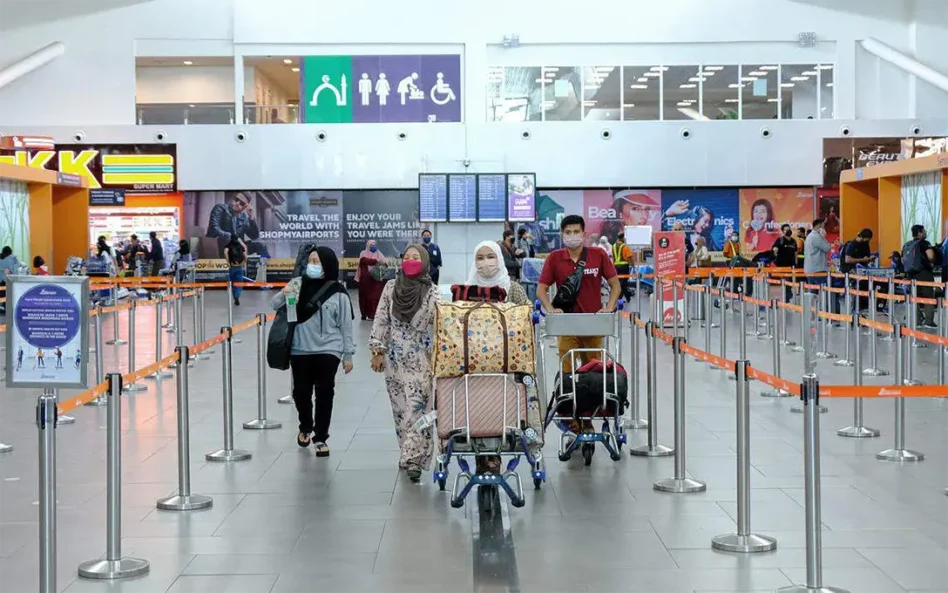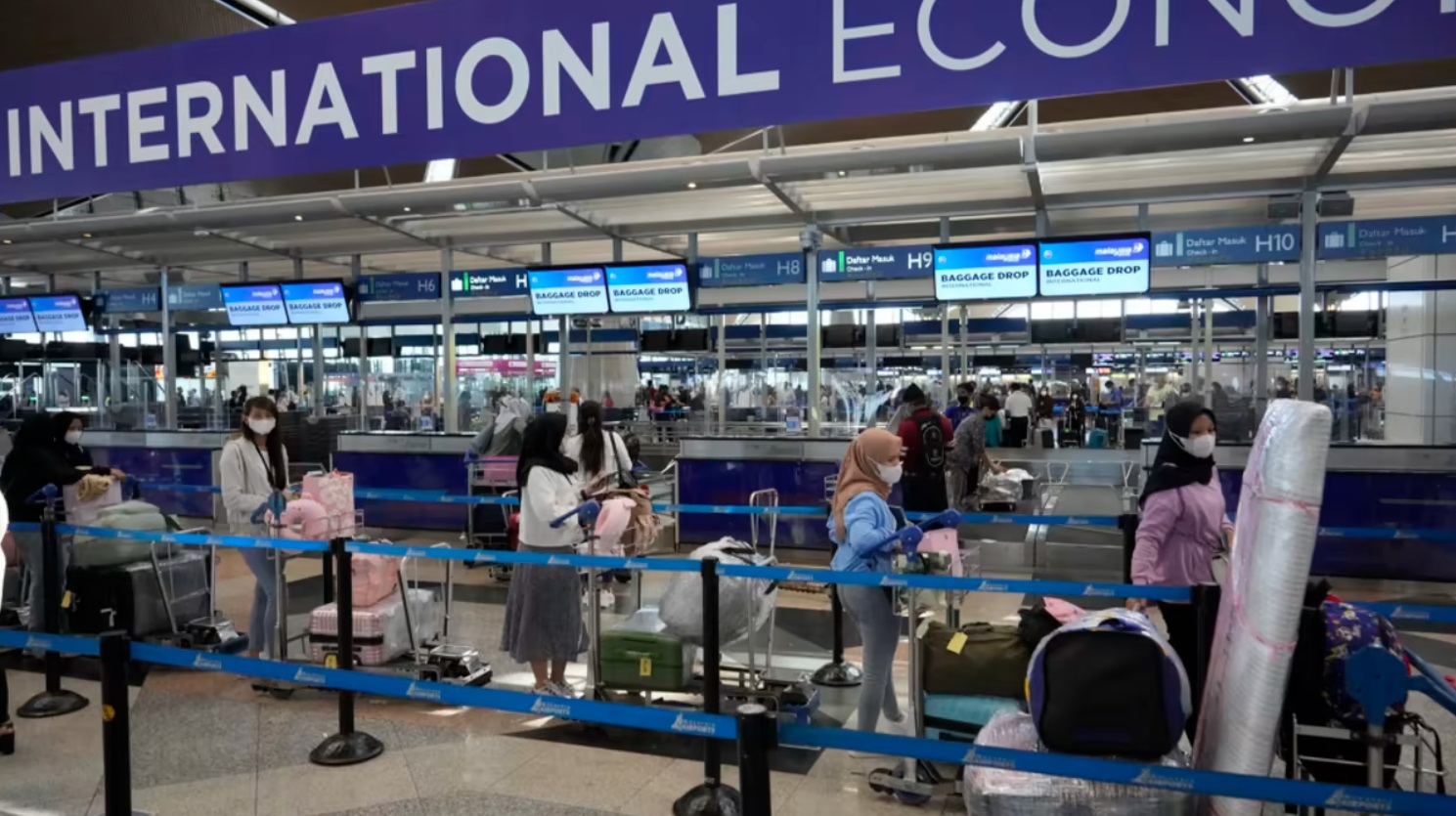“MALAYSIA records 26 million tourist arrivals from Jan 1 to Nov 15 – MOTAC” was the heading of a report published by Bernama on Dec 3. The report was picked up by both local and international media such as Bloomberg and China Daily’s global edition.
Concerned over the incredibly high number, I wrote “Tourist arrival figures too good to be true”, which was published on Dec 4.
I pointed out that if there were indeed 26 million arrivals by Nov 15, they could be visitor arrivals including excursionists, and not just tourist arrivals.
On Dec 9, a comparison of “International Tourist Arrivals in Southeast Asia 2023” began circulating on social media. It claimed that figures were collected from the official tourism ministry sites of each respective country.

However, I am doubtful as the latest tourist arrival figures posted on Tourism Malaysia’s website are until June this year.
On Dec 7, Tourism Malaysia director-general Datuk Dr Ammar Abd Ghapar disclosed that there were 14,467,037 tourist arrivals by September this year.
To reach 26 million by mid-November would require more than 11.5 million tourists entering our country in October and the first half of November, which is near impossible. At this rate, there would be 7.66 million tourist arrivals per month or 92 million a year!
Tourist arrivals to Malaysia started to pick up pace towards the end of last year when 4,514,683 came in the last quarter of 2022, 4,387,602 in Q1 of this year, 4,772,467 in Q2, and 5,306,968 in Q3. Should another 5,532,963 arrive in Q4, we will reach the 20 million mark.
In June, Deputy Tourism, Arts and Culture Minister Khairul Firdaus Akhbar Khan said the ministry is targeting 16.1 million tourist arrivals this year. On Dec 7, Tourism Malaysia deputy director general Datuk Musa Yusof said the target has been revised to 19.1 million.
Much earlier in March, I wrote that we should target nothing less than 18 million tourist arrivals this year and aim for 24 million in 2024, 30 million in 2025, 36 million in 2026, and 42 million in 2027. Then, these figures were dismissed as just a pipe dream, but they look achievable now.
However, they can be derailed by several factors, and two of them are discussed here. Contrary to popular belief, it is not advertising and promotion (A&P) that attracts foreigners to our country but our hospitality, and none has a greater impact than our immigration officers.
Imagine arriving and spending many hours waiting indefinitely to clear immigration coupled with the fear of being denied entry to our country. Anyone going through such an ordeal is bound to be deterred from returning to Malaysia or recommending others to visit our country.
On the other hand, if entry services are efficient and professionally run, and immigration officers return the passports respectfully with a smile and cheerfully say “Welcome to Malaysia or my country”, foreigners would be deeply touched and bound to have a great experience here.
The other matter is to act swiftly in countering bad publicity about our country which should not be allowed to fester. For example, there was a “nude-ear-squat” incident in 2005. Initially, it was thought that the detainee filmed doing ear squats in the nude was a Chinese national.
Then prime minister Datuk Seri Abdullah Ahmad Badawi ordered Home Minister Datuk Seri Azmi Khalid to travel to China to improve Malaysia’s image there, as the number of Chinese tourists had been dropping over the past few months.
In Dec 2005, Azmi visited China and expressed sadness about the incident, but did not apologise, explaining that nude ear squats are standard police procedure. However, it was later revealed that the nude female in the video was a Malaysian Malay woman.

Later, Abdullah stated that if the police had revealed the woman’s race or nationality, they would have been accused of trying to cover up the scandal, and nobody would have believed them. Therefore, countering bad publicity starts with not generating them in the first place.
Apart from normal A&P plus extensive use of social media, Tourism Malaysia should also be actively involved in countering bad publicity, which can cause more damage than gains.
As such, MOTAC must coordinate with other ministries and be ready to counter any bad publicity, nipping them in the bud if possible.
In recent months, bad publicity has impacted Chinese tourist arrivals to Thailand. Similarly, incorrect tourist arrivals, if left unchecked, give the impression that we are trying to inflate figures.
We ought to be more proactive or suffer the consequences, including losing credibility. – Dec 11, 2023
YS Chan is the master trainer for Mesra Malaysia and Travel & Tours Enhancement Course as well as an Asean Tourism Master Trainer. He is also a business consultant and writer.
The views expressed are solely of the author and do not necessarily reflect those of Focus Malaysia.
Main pic credit: AP









